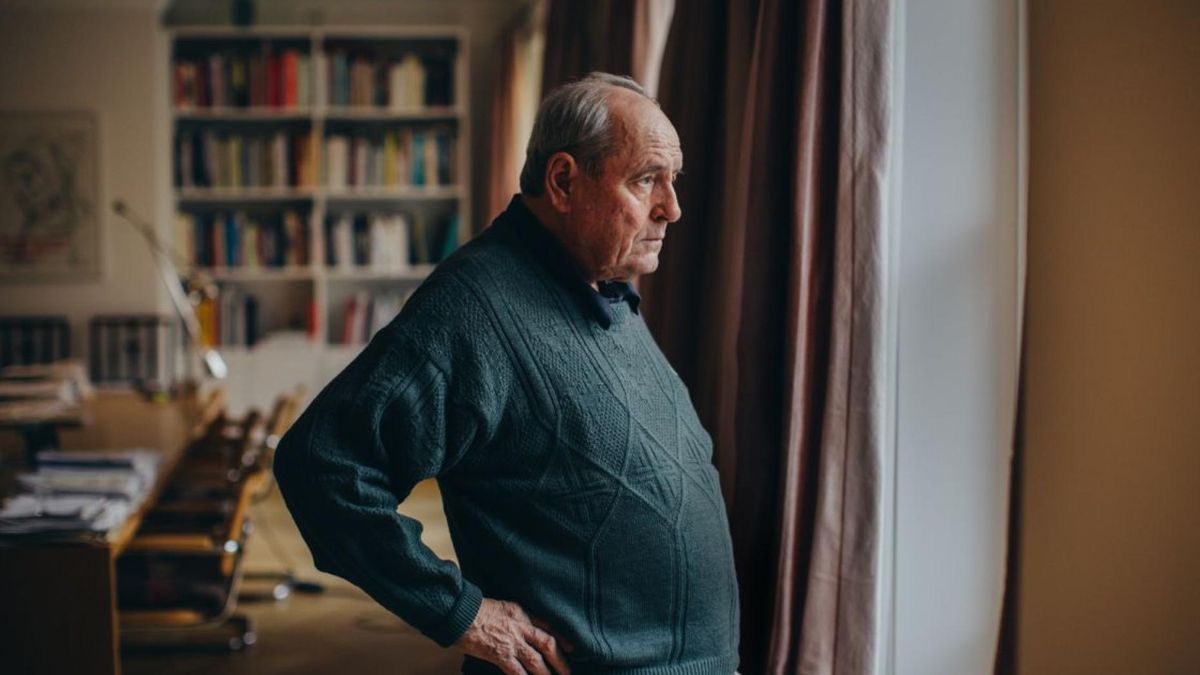The influential art collector, curator, publisher and writer Harald Falckenberg, who loaned his important collection of contemporary art to the Deichtorhallen museum in Hamburg, has died at the age of 80.
Falckenberg assembled one of Germany’s most important private collections, with around 2,400 works. He sealed an agreement with the city of Hamburg transferring his collection and exhibition space to the Deichtorhallen as a loan in 2011, and last year extended the agreement to 2032. He attended the opening of a Cindy Sherman exhibition at the Deichtorhallen as recently as last month, said Carsten Brosda, Hamburg’s culture senator.
“Harald Falckenberg lived and debated intensively, loved discussion and discourse and constantly sought intellectual challenge,” said Dirk Luckow, the director of the Deichtorhallen. “His generosity and passionate enthusiasm were inspirational.”
Falckenberg trained as a lawyer and worked as an honorary constitutional judge in Hamburg from 1992 to 2004, while also running a family-owned company. He began collecting in 1994 and started exhibiting his works publicly in 1996. He was drawn to provocative, even rebellious, counterculture art. A 2002 anthology of his essays on art was titled “Civil Disobedience.”
“I am not interested in the mainstream,” Falckenberg said in a 2019 interview for a Deichtorhallen exhibition publication. “I am interested in artists who are outsiders and freaks, not those who adapt to trends.”
In his early collecting days, Falckenberg acquired works by German artists including Martin Kippenberger, Astrid Klein, Albert Oehlen and Franz West, and American artists including John Baldessari, Paul McCarthy and Richard Prince. He later added works by a new generation, including Daniel Richter, Sarah Lucas, Monica Bonvincini, Christoph Schlingensief and Andrea Fraser. “My collection started with punk, with young people who don’t believe in anything anymore,” he wrote in an article for The Financial Times in 2014.
Falckenberg was appointed professor at the Hamburg Hochschule für Bildende Künste, the city’s art college, in 2008. He “defined the Hamburg art scene and inspired enthusiasm for art in others with his joy and his humour,” Brosda said. “I will greatly miss his clever, passionate, often unconventional and sometimes provocative way of entering a range of topical debates.”


